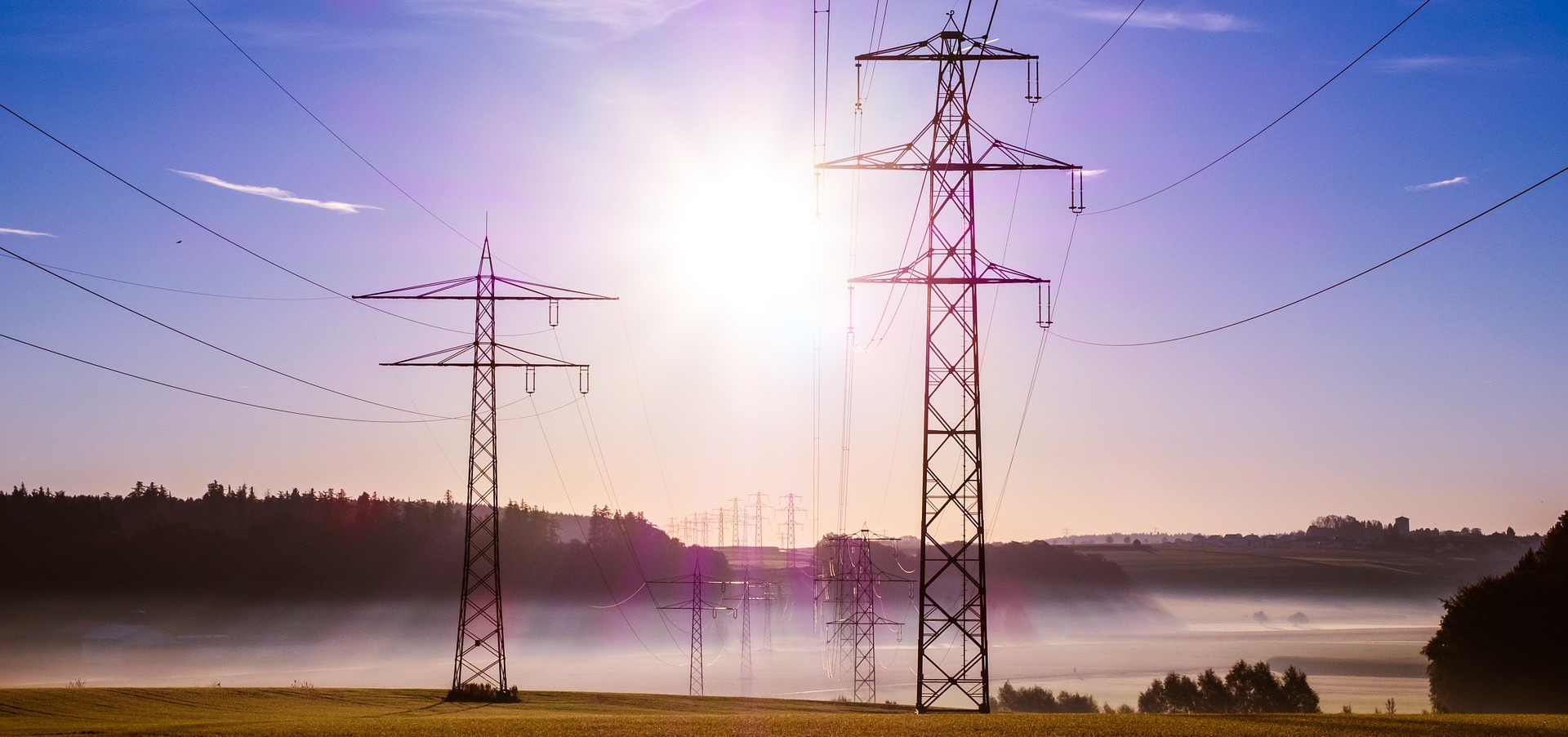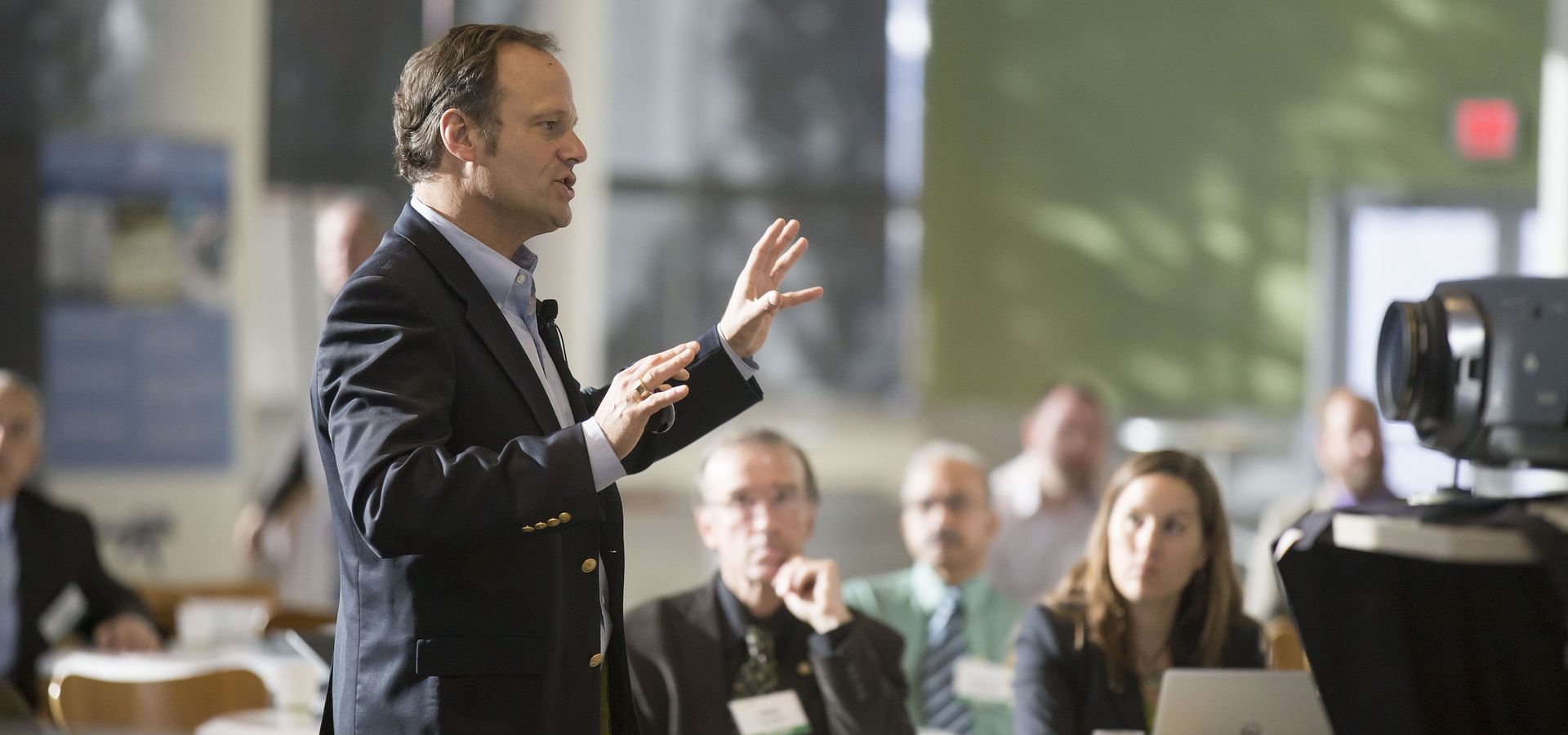Switching to 100 percent renewable energy and moving towards zero greenhouse gas emissions is a complete societal shift. Germany is made a lot of progress, but it still has a long way to go. Here are some of the stumbling blocks for the Energiewende.
What's slowing down the switch to renewable energy?

Changing the entire energy system isn’t easy – here’s why.

Even though the switch to renewable energy is financially appealing in the long run, some actors will lose money; therefore, they have a strong interest in trying to stop the Energiewende. The main problems in Germany are the car industry and the coal workers’ unions.

Most Germans agree that the transition to renewable energy is crucial – but it will require a complete societal change.


